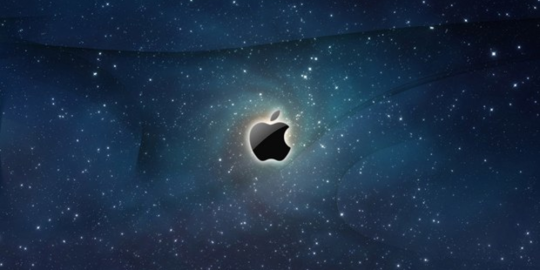
In an era where digital privacy is increasingly under the microscope, Apple has made a significant move to protect its users from unwarranted surveillance. The tech giant recently updated its Legal Process Guidelines, making it more challenging for US law enforcement to access push notification data from smartphones without proper legal authorization. This shift could mark a pivotal moment in the ongoing struggle between privacy advocates and government agencies eager to utilize modern technology for investigative purposes.
The modifications to Apple's guidelines are not just a small tweak but a substantial change in the way law enforcement can request data. Previously, the extent of law enforcement's access to push notifications was unclear, and Apple's transparency on the issue was hamstrung by legal restrictions. Now, a clearer legal threshold has been set, demanding that agencies present a court order or search warrant to gain access to this sensitive information. This move underscores Apple's commitment to user privacy, setting a precedent that may influence broader industry practices.
Apple's stance on privacy has been a cornerstone of its brand identity, and this latest update is a testament to its dedication. The company's insistence on a court order implies that it is not enough for a police department or attorney to simply issue a subpoena, which can be done without judicial oversight. This heightened requirement for a search warrant aligns with the protections granted under US law concerning electronic communications, ensuring that users' data is only accessible through due process.
However, the battle for digital privacy is far from over. The Justice Department's silence on these practices indicates a complex tug-of-war between tech companies and government bodies. As Apple makes it harder for agencies to collect push notification data, it also places itself in a potentially contentious position with authorities who argue that such data is crucial for national security and criminal investigations. The debate over the balance between privacy and security continues to evolve as new technologies emerge.
Apple's decision to fortify its privacy rules around push notification data is a bold statement in the ongoing dialogue about digital rights and government surveillance. While it may complicate law enforcement efforts to some degree, it also reassures users that their personal information is not low-hanging fruit for agencies to harvest without stringent legal procedures. As the digital age advances, Apple's move may serve as a catalyst for other companies to similarly prioritize the protection of user data, ensuring that privacy remains a fundamental pillar of our increasingly connected world.